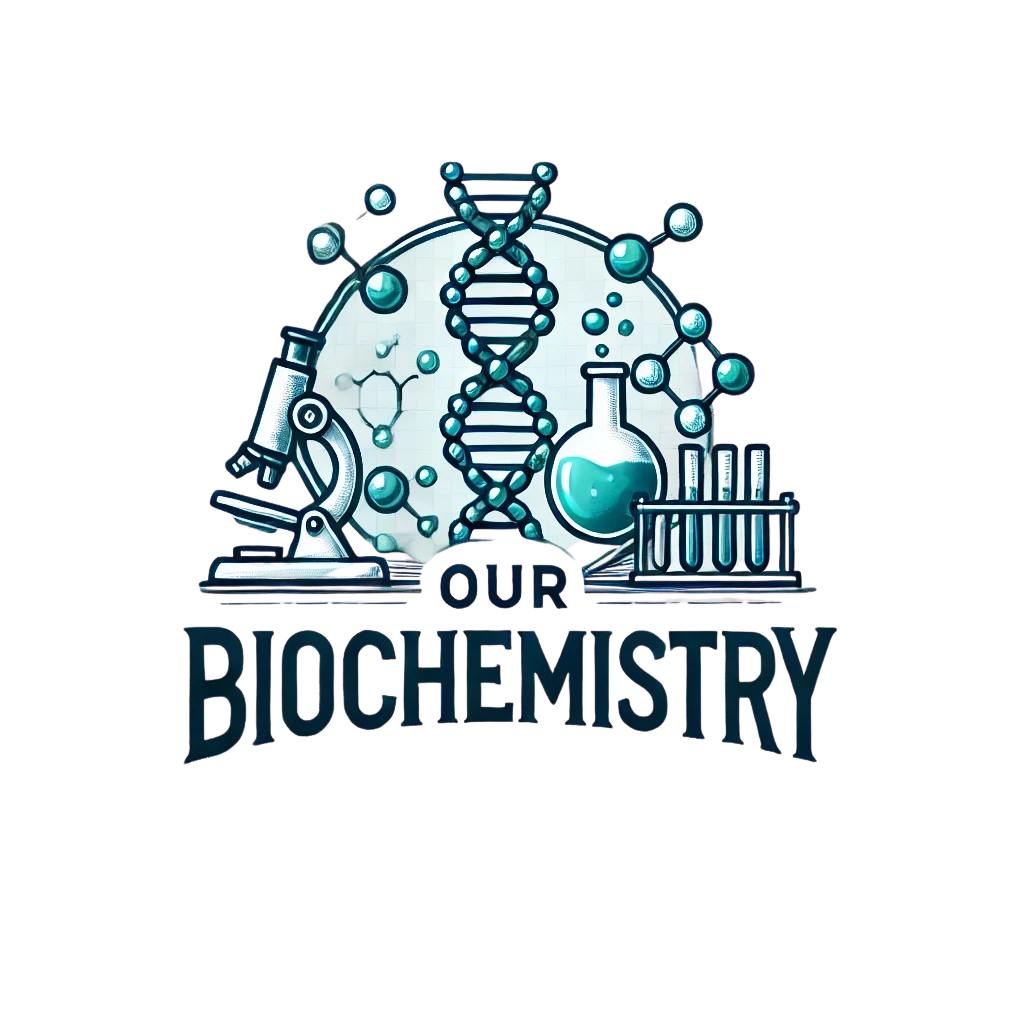Library
Our Biochemistry > Library > USMLE Content > Energy metabolism > Quick revisions > Glycogen storage diseases with mnemonics to aid memorization
Glycogen storage diseases with mnemonics to aid memorization
- November 4, 2024
- Posted by: Namrata Chhabra
- Category: Energy metabolism Learning resources Library Metabolism of Carbohydrates Quick Revision Series Quick revisions Quick revisions USMLE Content
No Comments
A table summarizing the main glycogen storage diseases (GSDs) with enzyme defects, key clinical features, and mnemonics to aid memorization:
| Glycogen Storage Disease | Enzyme Defect | Key Clinical Features | Mnemonic |
| Type I: von Gierke Disease (GSD I) | Glucose-6-phosphatase | Severe fasting hypoglycemia, hepatomegaly, lactic acidosis, hyperlipidemia, hyperuricemia | “von Gierke: ‘G6P’s Gone, Liver Left Low” |
| Type II: Pompe Disease (GSD II) | Acid maltase (α-1,4-glucosidase) | Cardiomegaly, hypotonia, muscle weakness, glycogen buildup in lysosomes (infantile form often fatal) | “Pompe Packs Glycogen in the Pump (heart)” |
| Type III: Cori Disease (GSD III) | Debranching enzyme | Hepatomegaly, mild hypoglycemia, muscle weakness, glycogen with short outer branches | “Cori Can’t Clear Chains” |
| Type IV: Andersen Disease (GSD IV) | Branching enzyme | Hepatomegaly, cirrhosis, failure to thrive, abnormal glycogen with few branch points | “Andersen’s Absent Arms (glycogen branches)” |
| Type V: McArdle Disease (GSD V) | Muscle phosphorylase | Exercise intolerance, muscle cramps, myoglobinuria, “second-wind” phenomenon | “McArdle’s Muscles (need) More” |
| Type VI: Hers Disease (GSD VI) | Liver phosphorylase | Mild hypoglycemia, hepatomegaly, growth delay, generally mild disease course | “Hers’ hypoglycemia is mild” |
| Type VII: Tarui Disease (GSD VII) | Phosphofructokinase (PFK-1) | Exercise intolerance, muscle cramps, myoglobinuria, hemolysis | “Tarui tires easily” |
| Type IX: Phosphorylase Kinase Deficiency (GSD IX) | Phosphorylase kinase | Hepatomegaly, mild hypoglycemia, growth delay | “Phosphorylase Kinase, kinder symptoms” |
Explanation of Mnemonics:
- von Gierke: ‘G6P’s Gone, Liver Left Low: Highlights the deficiency in glucose-6-phosphatase and hypoglycemia.
- Pompe Packs Glycogen in the Pump (heart): Emphasizes glycogen buildup affecting the heart in Pompe disease.
- Cori Can’t Clear Chains: Reflects the incomplete breakdown of glycogen branches, causing short outer chains.
- Andersen’s Absent Arms: Refers to the abnormal structure of glycogen with few branches.
- McArdle’s Muscles (need) More: Highlights the energy deficiency in muscles during exercise due to glycogen buildup.
- Hers’ hypoglycemia is mild: Hers disease has mild hypoglycemia due to liver phosphorylase deficiency.
- Tarui tires easily: Reflects exercise intolerance due to impaired phosphofructokinase activity.
- Phosphorylase Kinase, kinder symptoms: Type IX has generally milder symptoms due to partial liver phosphorylase activation issues.
Author:Namrata Chhabra
With over 38 years of experience as a Medical Educator, Medical Biochemist, and Researcher, Dr. Namrata Chhabra has a proven track record of leading and contributing to clinical, academic, and research initiatives that advance medical science and education. She holds an M.B.B.S., an M.D. and Ph.D. in Medical Biochemistry, and a Master's in Health Professions Education (MHPE). She is also a FAIMER Fellow, a prestigious recognition of her excellence in medical education and research.
Currently, she serves as the Associate Dean of Admissions, Chair of the Admissions Committee, and a Professor of Biochemistry at the American University of Antigua College of Medicine (AUACOM). In this role, she oversees the academic quality, curriculum development, faculty development, accreditation processes of the college, and student recruitment. She also teaches and mentors medical students, conducts and supervises biomedical and educational research projects, and publishes and presents her findings in national and international journals and conferences. Additionally, she is the author of three comprehensive textbooks on Medical Biochemistry, which are widely used by medical students and professionals. She is passionate about improving the health outcomes of communities and individuals by fostering a culture of innovation, collaboration, and excellence in medical education and research.
